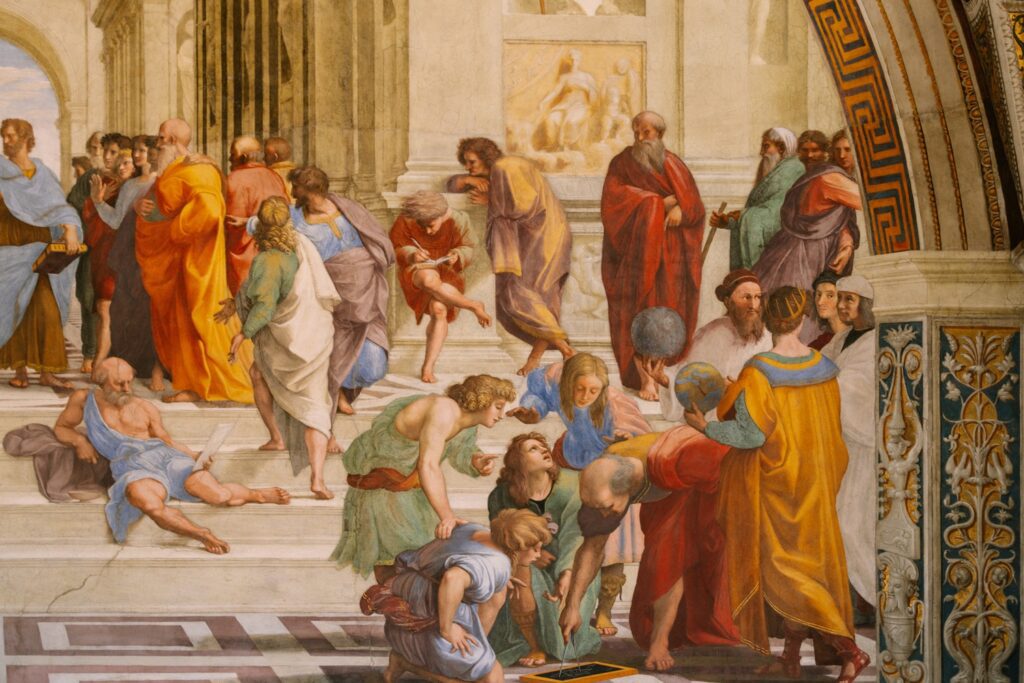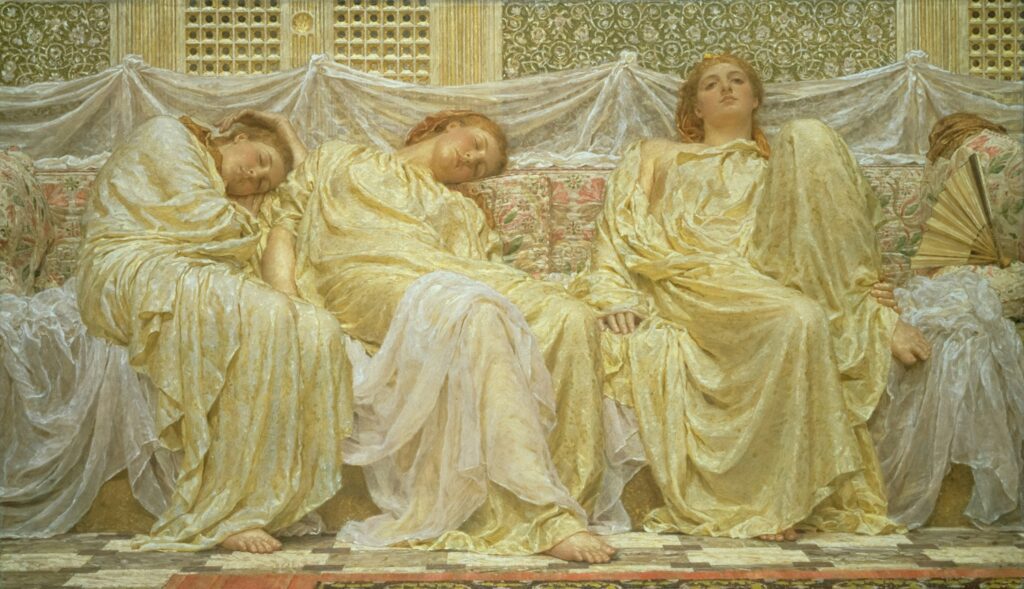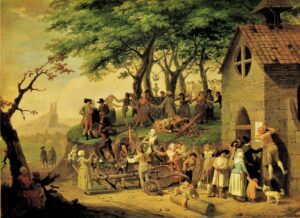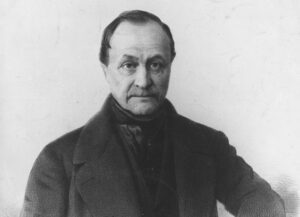What you can learn about the story of Socrates is that asking a lot of questions can kill you if you ask the wrong people.
He was sentenced to death because he angered those in positions of power when he exposed their ignorance.
Socrates deliberately questioned people to reveal their ignorance and help them seek true wisdom
Interestingly, he is considered the Father of Western Philosophy even though he didn’t write any philosophical books.
He wanted to engage in discussions with people from all walks of life, as he could question them and they could question him.
It wasn’t possible in writing.
Socrates Is the Father of Western Philosophy
Socrates was the first to seriously challenge how people thought about life, virtue, and knowledge by questioning.
In ancient Athens, many thinkers were interested in the natural world. He stood out because his focus was inward, toward ethics and human behavior.
He believed that understanding ourselves and our values was far more important to live a good life and achieve the highest form of happiness.
His ideas became the foundation of Western philosophy.

Idealist Philosophy
Many of Socrates’ philosophical views align with idealism, especially the belief that truth and reality are rooted in ideas rather than material things.
He emphasized the duality of body and soul: The soul is immortal, divine, and the seat of true knowledge, while the body is changeable and deceptive.
Teacher of Plato
Socrates didn’t leave behind any writings, but his student Plato wrote down his teachings in many books in the form of dialogues.
In a way, everything we know about him comes from Plato and, to a lesser extent, Xenophon and Aristophanes.
No Published Book, Just Questions Asked
As mentioned earlier, Socrates never wrote a single book. Everything we know about him comes from those who observed and remembered him.
Apart from Plato, Xenophon also wrote about Socrates. Aristophanes was a playwright who made fun of him in his plays.
He preferred spoken dialogue, as he saw writing as a poor substitute for real conversations. It couldn’t respond or be questioned.
So, he spent his days in the Athenian marketplace asking questions. It wasn’t to receive answers, but to help others uncover truths for themselves.
He Started Asking Questions to Prove He Wasn’t Wise
One of the most famous stories about Socrates involves the Oracle at Delphi, who declared that “no one is wiser than Socrates.”
He didn’t think he was wise at all, so he set out to disprove the Oracle. He began questioning people who were thought to be wise.
What he found was that even though they believed they had knowledge, they couldn’t explain it logically. So, he never found someone wiser.
Some Teachings of Socrates
Socrates believed that a good and meaningful life comes from understanding oneself and living according to reason and virtue.
His teachings were radical in his time, and they remain relevant today in both philosophy and everyday life. Let us discuss them below.
Human Choice Is Motivated by the Desire for Happiness
Every action we take is motivated by a desire for happiness or well-being.
But unlike superficial pleasures, Socrates meant true, lasting happiness. The kind that comes from living a virtuous and meaningful life.
He argued that we do wrong not because we want to, but because we don’t understand what will truly make us happy.
Ignorance can make us think that bad actions are good or beneficial when they are not.
If we knew better, we would do better. So, ignorance is the root of wrongdoing, not evil. We are capable of change and growth if we seek knowledge.

Knowledge and Wisdom Are Paths to Happiness
The more we know ourselves and the world around us, the better decisions we can make. And with better decisions comes a more fulfilling life.
Socrates wants us to think critically and form our own values, not blindly follow established rules or traditions in society.
Self-knowledge Is the Foundation of Wisdom
If we understand ourselves, we can become wise. Without self-knowledge, we are easily misled by others or by our own desires.
We must reflect, ask questions, and challenge our own assumptions. It leads to a life of virtue and fulfillment.
Focus on the Soul Rather Than the Body to Be Happy
Socrates criticized those who chased money, fame, or pleasure without thinking about their values or moral compass.
According to him, caring for the soul through ethical living and self-examination was the key to happiness. It is simply called “inner peace.”
The Socratic Method in Social Studies
If you have been in a situation where the person you are talking to asks a question after you have given an answer, that is the Socratic method.
You may not like it if you want a quiet life.
The Socratic method demands deep thinking and honesty, which can make anyone uncomfortable, defensive, or confused.
Imagine this: You said to a straight man who owns a cake shop, “Women must receive free cakes!” And then he said, “Who are women?”
If you say, “Those who identify themselves as women,” he could say, “If I identify as a woman, can I get a free cake?” If you say yes, then straight men can simply say they identify as women to receive free cakes.
Then, the ending, everyone receives a free cake!
It is not used to attack beliefs or ideas, though, but to move closer to the truth or to expand one’s understanding.
Socrates Died Because He Asked Questions
Socrates hurt the ego of those who thought they were wise.
In 399 BCE, he was put on trial for corrupting the youth and impiety, basically for undermining the gods of the city and stirring up trouble.
He was sentenced to death by drinking hemlock, a poisonous plant. Plato wrote about it in his book titled Phaedo.

The Unexamined Life Is Not Worth Living
According to Plato, “the unexamined life is not worth living” was what Socrates said during his trial in 399 BCE.
It means that we have the ability to think deeply about our life, purpose, and values. If we ignore that ability, we are wasting our potential.
A life without reflection, questioning, and understanding is empty.
To live a good life, we must challenge ourselves to grow, question what we think we know, and seek truth.











